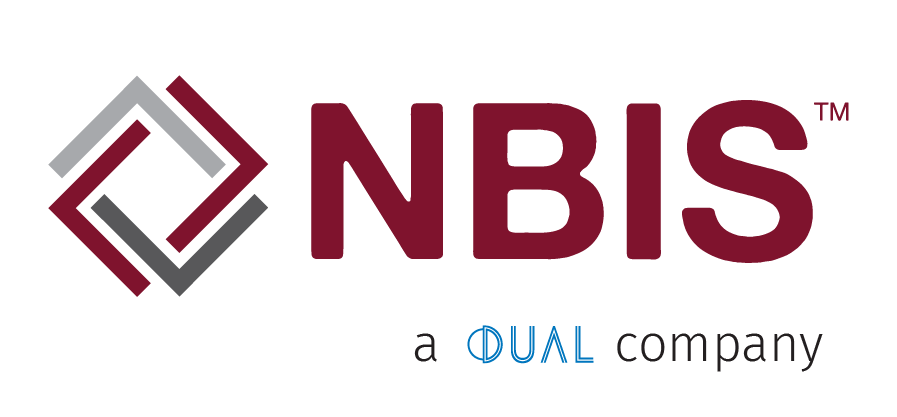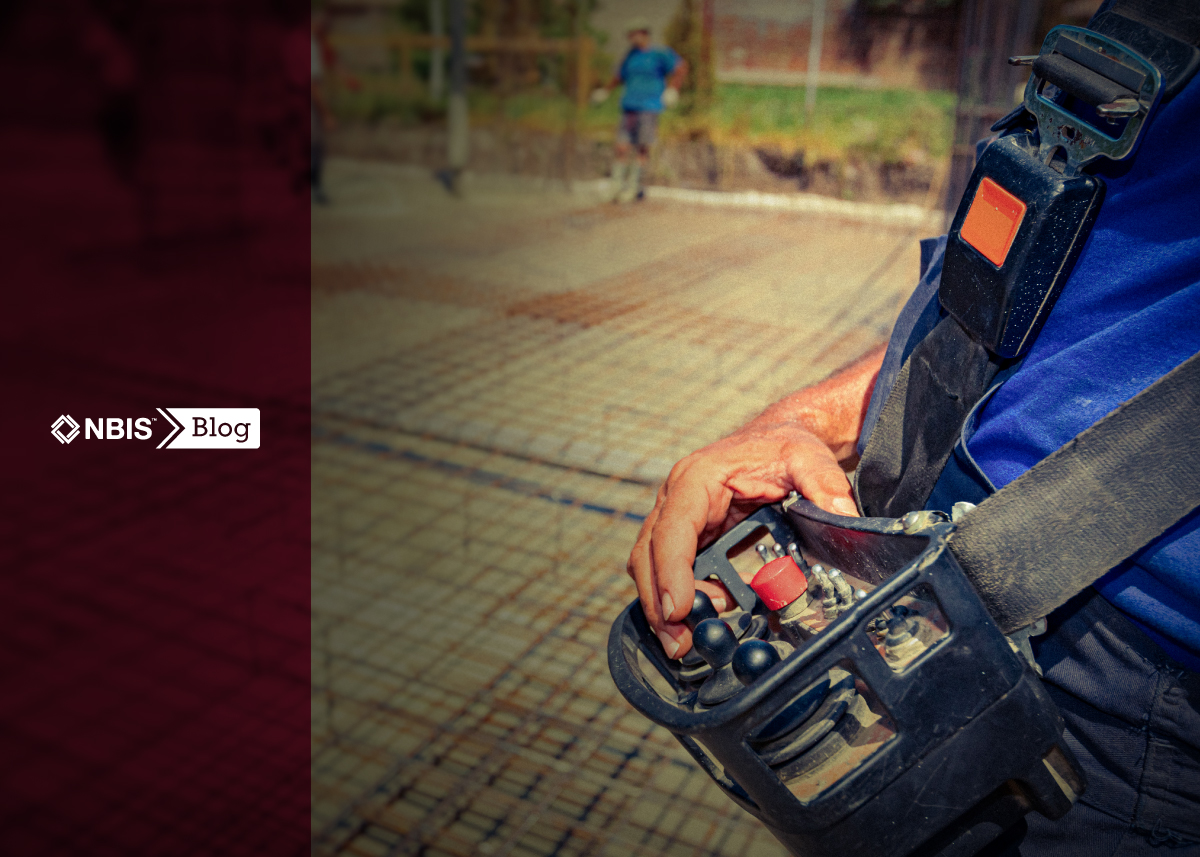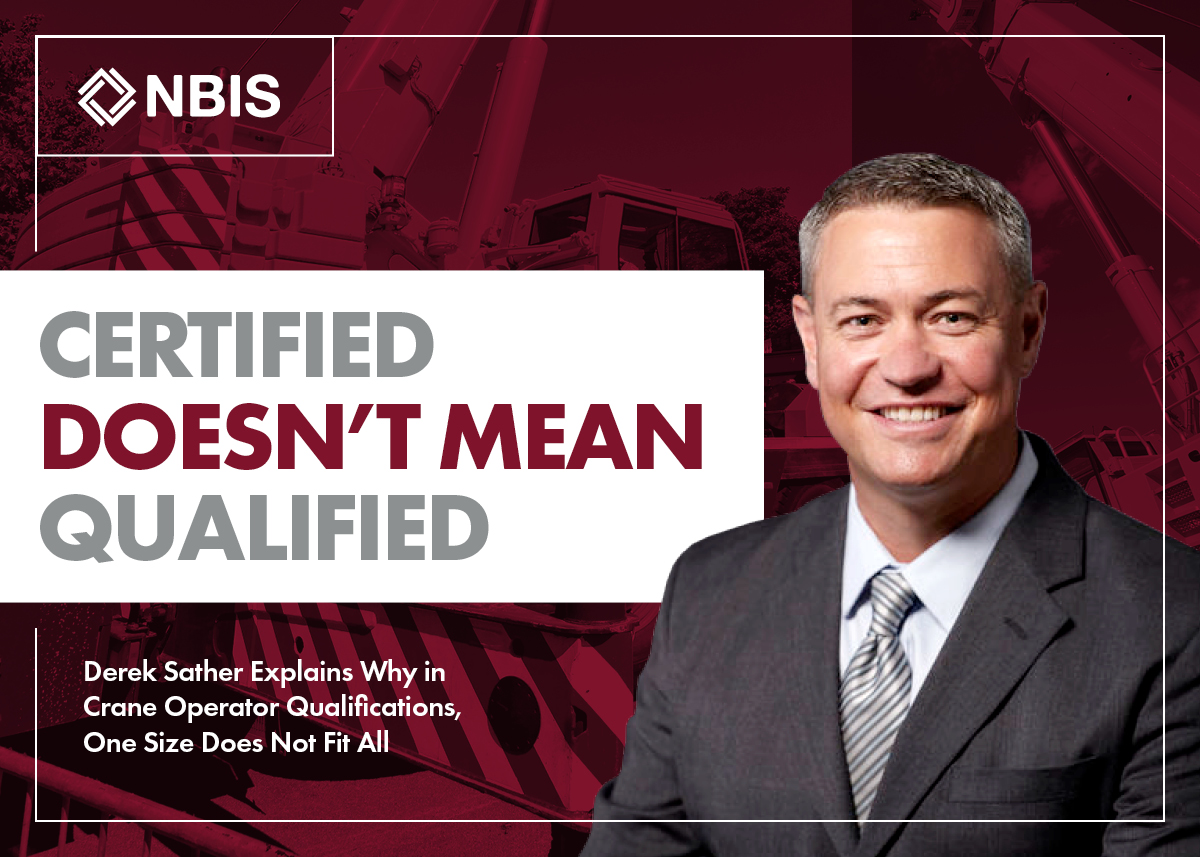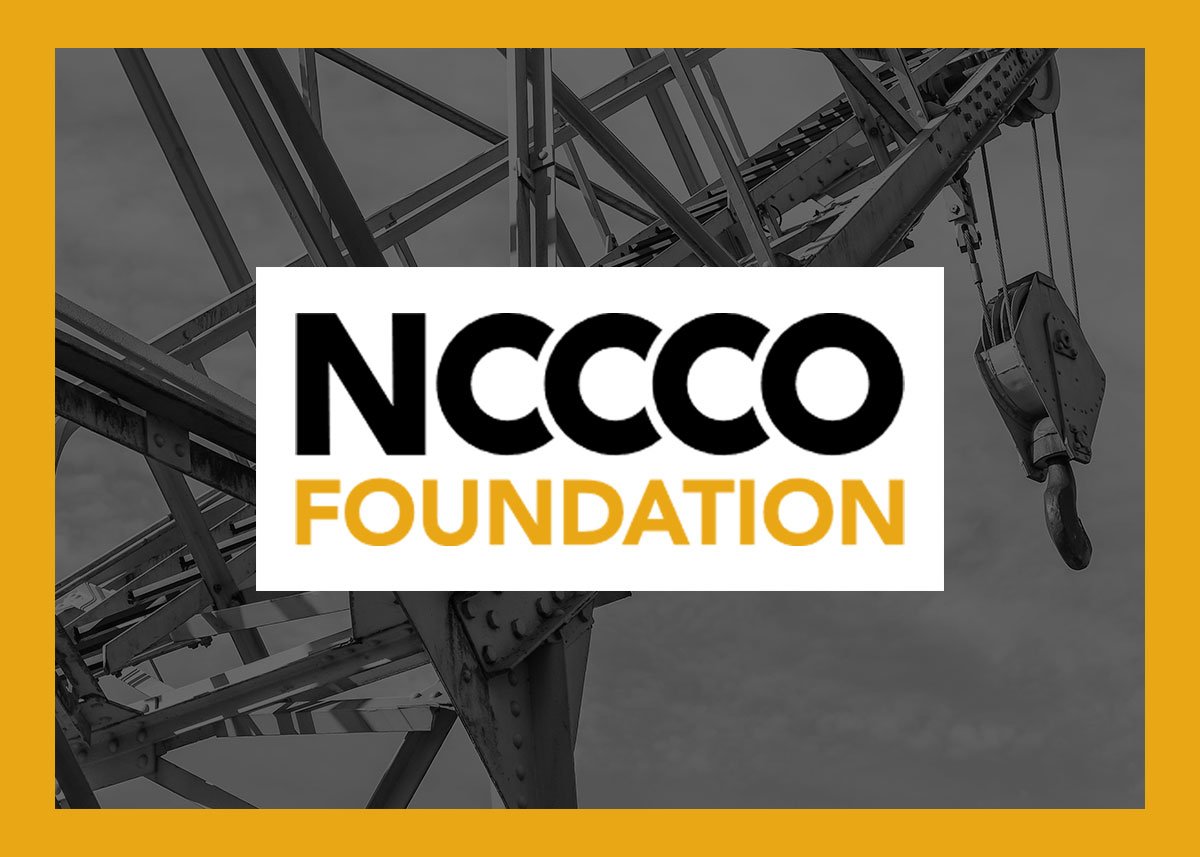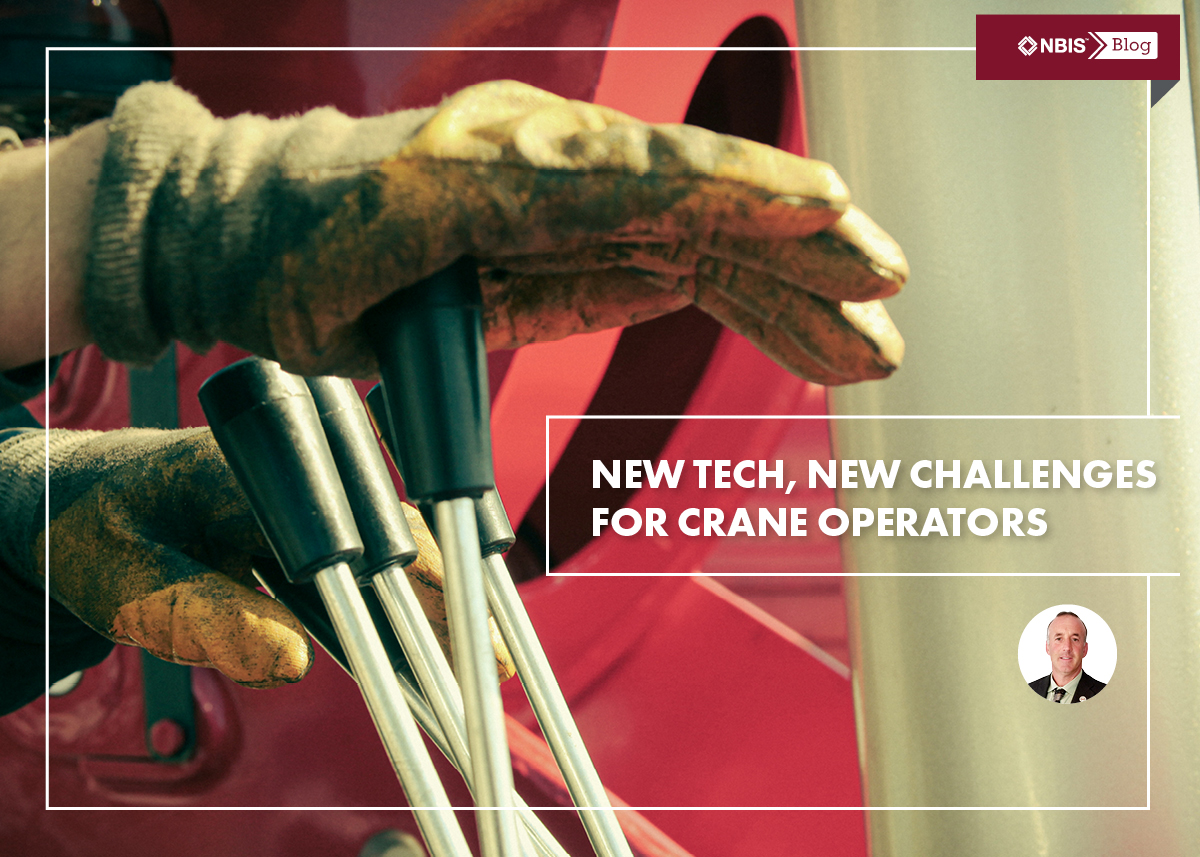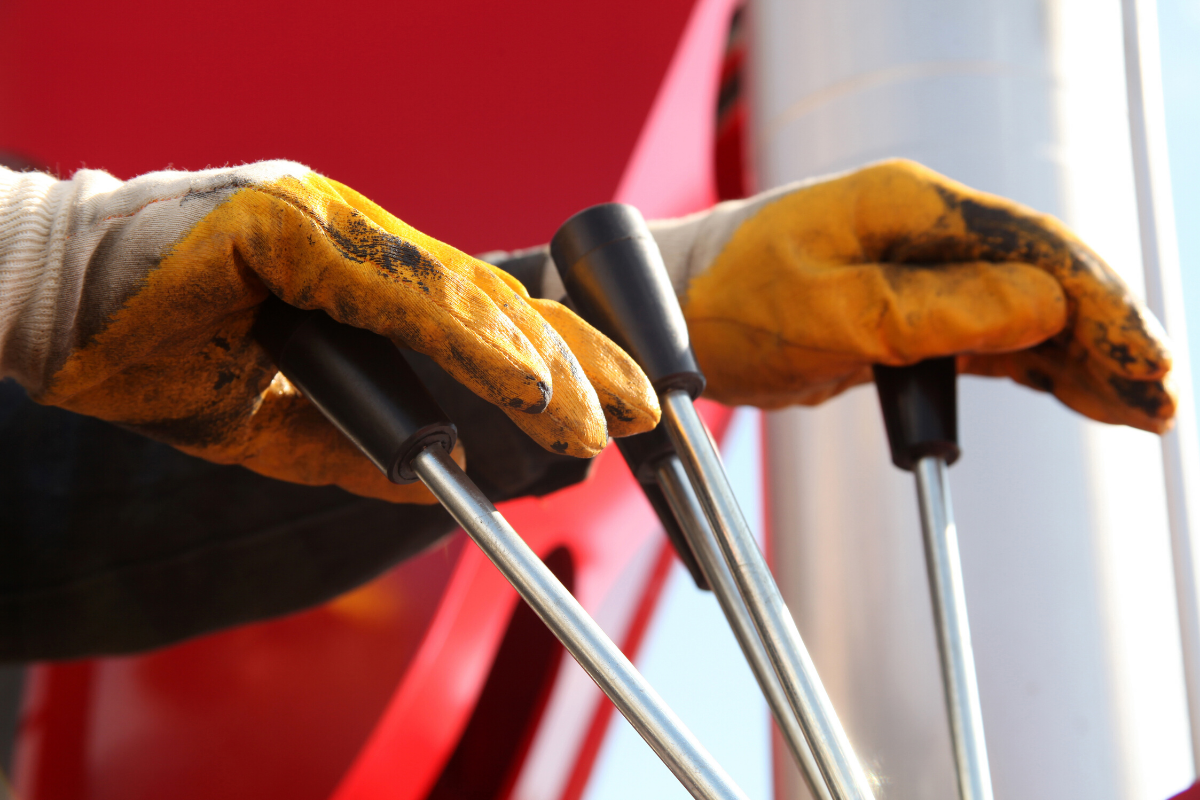Recently, CCO announced it had filed legal action for claims arising from a scheme to fraudulently certify operators—claims that included fraud, unfair competition, copyright infringement, breach of contract, and conspiracy.
As a result of the scheme, CCO invalidated nearly 1,000 written and practical exams, citing evidence of collusion and/or lack of reliable evidence of validity.
Employers, site owners, and many others working on a jobsite rely on CCO certifications as documentation that only those who demonstrate sufficient knowledge and skill in safe equipment operation—by passing written and practical examinations that are valid and reliable—are certified.
But why stop at certification? Taking the next meaningful step and making sure operators are qualified on certain types of equipment is something your company should be doing as well.
Certified versus qualified
The distinction between the terms “certified” and “qualified” is an essential one that must be made, and I’m going to approach it from the perspective of concrete pumps.
Certification has been great for the concrete pump industry in the sense that it ensures that operators have demonstrated competency in the general principles for concrete pump operations and theory.
But we must remember that an operator is considered ‘in training’ even if they are certified, until such time that the operator has been evaluated on that specific machine—or a machine that is not substantially different—for the assigned task.
There is a potential gap between being certified and being qualified on a concrete pump. Some people have assumed that if you’re certified that you’re simultaneously qualified on all concrete pumps within that concrete pump designation. That simply isn’t the case. The good news, though, is that training is the bridge from certification to qualification.
It’s imperative that a concrete pump operator be familiar with the concrete pump’s inspection requirements, as well as how to properly set up the concrete pump in various configurations.
What the concrete pump can do changes with each configuration. How far the outriggers are extended, degree of level, boom length, or boom full extension – every one of these variables has an effect on the working situation.
Operators must also be familiar with the concrete pump’s operating system, including any parameters of speed and torque that might be necessary to perform the assigned task in the configuration safely.
The more comprehensive the training on the specific machine you are running, the higher the level of safety and efficiency for the operations of that machine.
While we might not always be able to stop fraudulent certifications, going the next step to ensure your operators are qualified on the machine they're running will go a long way to sniffing out the imposters.
